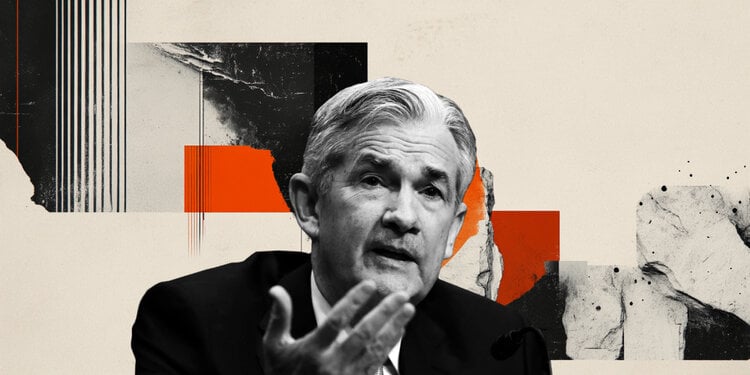Violence is not always manifested with visible signs on the body. Sometimes it is silent, insidious, made of words, looks, claims and controls that, day after day, undermine the freedom and self -esteem of those who suffer it. Violence is not only physical, sexual or economic, but also psychological and digital. It is expressed in multiple ways, through a crescendo of threats and control practices that generate fear and deeply condition personal choices.
To help people recognize the signals of a potentially dangerous relationship, the University of Milan-Bicocca-through the work of the ADV Research Center (Against Domestic Violence) and the UN.I.Re Network (University on the Net against Gender Violence), led by the Professor Marina CallonI – has drawn up a list of points useful for the self -assessment of its relationship. Recognizing alarm bells in time is the first step to protect yourself.
“Many feminicides have also occurred without prior physical or sexual violencebut through the increase in verbal threats and control claims, strengthened through the internet and social media “, explains Calloni, professor of political and social philosophy.
But how to understand if the relationship you are experiencing is healthy or toxic? And when is the time to ask for help? It is important to know that The end of the relationship, unfortunately, does not always coincide with the end of the risk.
The 16 signs of a toxic love
- When the relationship has lived as exclusive possession: jealousy becomes obsessive and is always justified.
- When you are asked for continuous and exclusive presence.
- When you are the subject of constant suspicions, even unmotivated.
- When you receive frequent and unmotivated reproaches.
- When friendships are checked or limited.
- When you are progressively isolated, increasing emotional dependence on the partner.
- When your words are passed away to make you feel guilty.
- When the partner checks your messages, the phone or social networks.
- When he claims to decide how you have to dress.
- When ignore your needs and desires.
- When it makes unpleasant comments on your body or behavior, even in front of others.
- When you hinder you in the study or career.
- When it makes you feel confused with false information, making you doubt your memory, perception or identity.
- When he begins to intimidate or threaten.
- When you humilize you with disheartened criticisms, sarcasm and insults.
- When anxiety develops, depression, post-traumatic stress symptoms or suicidal thoughts.
“The man who has these behaviors is a pathological narcissist,” explains Calloni. «He feels great, he needs continuous admiration, he does not feel empathy. Other people are objects to be reduced under control, to be manipulated. But Don’t be fooled: this is not love».
Gender violence follows a cyclical trend: It begins with a growing tension, flows into an explosion (verbal or physical), continues with repentance and promises of change, or with the culpritization of the victim. This cycle can be repeated indefinitely, alternating the so -called Love Bombing (Attentions and declarations of love) to new aggressions.
Fear is a signal that should not be ignored. The danger is real and can worsen. “Contact an anti -violence center, to specialized social services or call 1522, the anti -violence number and anti -stalking active 24 hours a day, free and anonymous”, urges Calloni. “Or, contact the police to present a lawsuit or request protection.”
When the danger continues even after the breakup
Leaving a violent partner is not a guarantee of salvation. Often, the ex-friendly does not accept the end of the relationship and reacts with anger, jealousy, threats. Here are the signals that indicate that the risk persists:
- When your former manifest jealousy and sense of possession.
- When you can get you or introduce itself to the places you frequent.
- When looking for information about you through friends or acquaintances.
- When it monitors your online activities.
- When it continues to intimidate and threaten, even digitally.
- When it spreads false news or compromising images.
- When it develops symptoms such as anxiety, depression or guilt for leaving it.
- When he insists on seeing you with the excuse of clarifying or returning together.
Source: Vanity Fair
I’m Susan Karen, a professional writer and editor at World Stock Market. I specialize in Entertainment news, writing stories that keep readers informed on all the latest developments in the industry. With over five years of experience in creating engaging content and copywriting for various media outlets, I have grown to become an invaluable asset to any team.







